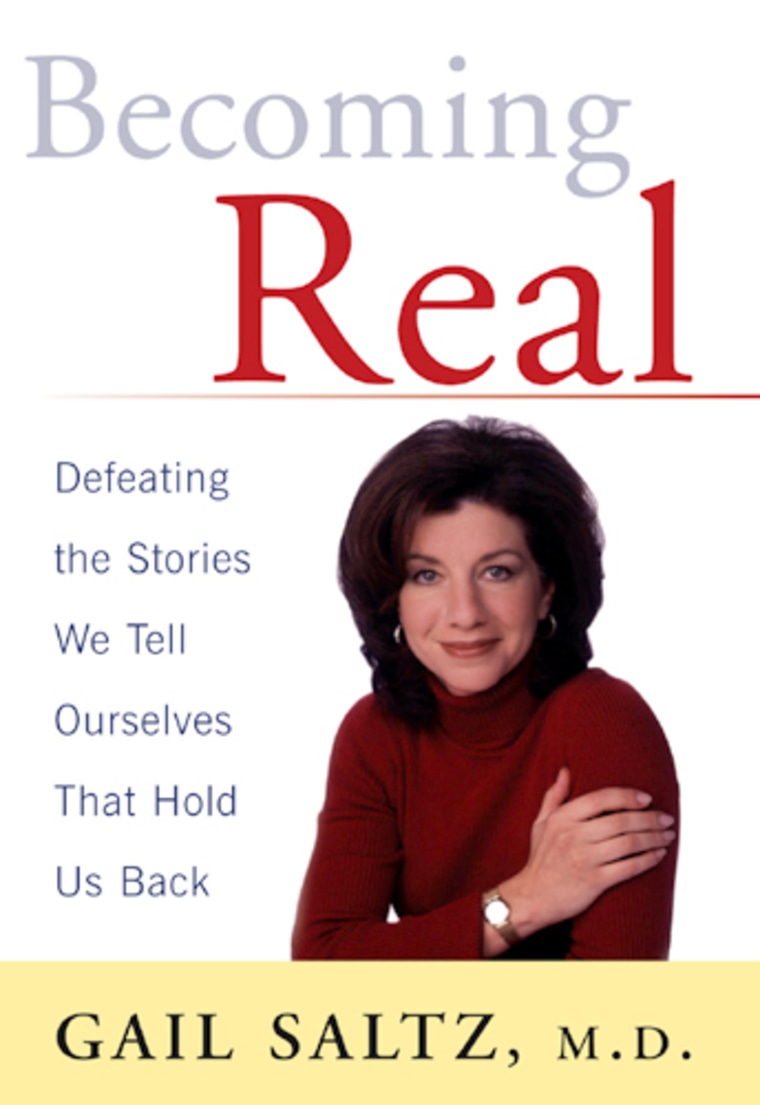Q: I am in love with my best friend. Recently, when we were watching TV at his house, he began to tickle me and we started kissing. I want to be his girlfriend but I worry this will jeopardize our friendship. What should I do?
A: Friendship is the core of a great relationship, romantic or not. So turning a friendship into a romance could result in a solid and wonderful romantic relationship.
As for it ending up destroying your friendship — sure, this is a possibility. Romance comes with risk.
By getting physical, you have already crossed some line. As you know, you are in an awkward position. It’s hard to sweep the situation under the rug. Pretending nothing happened will make both of you uncomfortable and will distance you from each other.
So it’s better to clear the air. I suggest you broach the subject gently by saying something like, “After what happened while we were watching TV, I feel like I could go in that direction — how do you feel about it?”
Maybe your friend is also interested in you romantically and you will be pleasantly surprised. But don’t forget that romantic partners often do break up — without staying friends afterward. Many more relationships result in breakups than in never-ending partnerships. So you do run this risk.
But maybe your friend isn’t interested. If he says he made a mistake — he was caught up in the moment or maybe had too much to drink — you now have helpful information. It is better to know this than to remain in a state of unrequited longing.
In this case, you might decide to cool things, rather than always feeling cheated and wishing there were more. And remember: It will be tremendously painful for you when he enters a romance with someone else.
And if your friend, now knowing how you feel, wants to cool the friendship — well, that is indeed another risk you take.
In any case, it is likely your friendship will lose some of its intensity over the long haul, which tends to happen with close male-female friendships when both are heterosexual. Often, one person feels some kind of attraction, which makes the relationship unbalanced and ultimately unsatisfying.
It’s also possible that, after mulling the situation, you will realize you aren’t really in love with your friend and would rather keep your friendship platonic.
If you need to backpedal, you can acknowledge that you kissed but explain it away by saying you yourself were caught up in the moment — and that you want to sustain his friendship without putting him in an awkward position. Then, never get physical again.
Still, as people mature, they realize the value of a solid friendship and the importance of having their romantic partner be a friend, too. One person might become more attracted to the other over time, even if that one didn’t feel enough fireworks to be propelled into a romance in the first place.
One danger for young people is falling into the roles of “friends with benefits,” where you are involved physically but not emotionally. This is a terrible idea, which disassociates sex from loving feelings. Most women find this extremely hurtful, even if they deny it.

Dr. Gail’s Bottom Line: If you take steps to turn a friendship into a romance, you do risk altering your friendship for the worse. But friendship is a key ingredient of great love, so there’s also a chance that a solid friendship can turn into a lasting romance.
Dr. Gail Saltz is a psychiatrist with New York Presbyterian Hospital and a regular contributor to “Today.” Her new book, “Becoming Real: Overcoming the Stories We Tell Ourselves That Hold Us Back,” was recently published by Riverhead Books. For more information, you can visit her Web site, .
PLEASE NOTE: The information in this column should not be construed as providing specific medical or psychological advice, but rather to offer readers information to better understand their lives and health. It is not intended to provide an alternative to professional treatment or to replace the services of a physician, psychiatrist or psychotherapist. Copyright ©2005 Dr. Gail Saltz. All rights reserved.